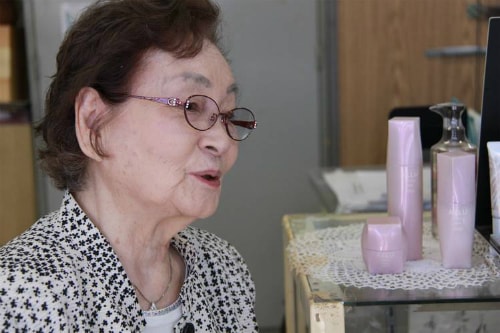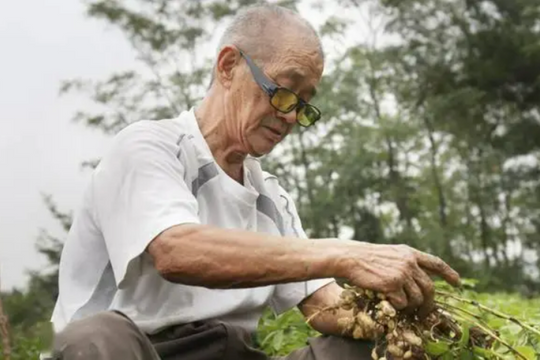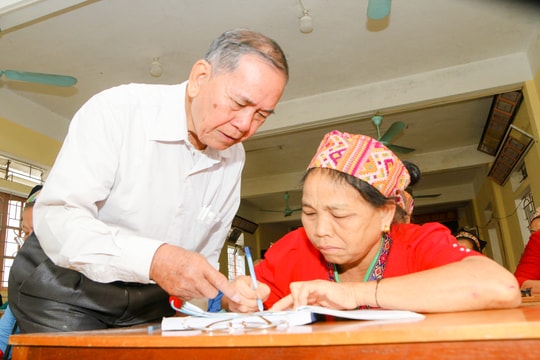Japanese people over 80 years old still go to work
Not wanting to be idle or needing extra income beyond their pension, more and more elderly people in Japan are working hard without considering retirement age.
Yoshiko Iida, 85, sells sunscreen and other beauty products at a Pola cosmetics store in a Tokyo suburb. She works six days a week and manages a team of saleswomen who are well above Japan’s average retirement age. “I want to keep working as long as I feel healthy,” she said.
Iida’s story is an example of Japan’s aging population still reluctant to retire. The government, concerned about its pension budget, is encouraging companies to keep them in the workforce. Many Japanese companies are implementing a two-stage retirement plan, where workers must officially retire at age 60. They can then be contracted to work for another 10 years at a lower salary, before retiring completely at age 70.
Companies often think that aging workforces are too costly. However, some see the benefits. For a retail company like Pola, older employees with their extensive and deep relationships, built over decades to more than half a century, are a valuable asset. What better sales staff to sell cosmetics to an older customer base?
“They have been working for a very long time and their relationship with their customers is very strong. It is a strong connection and a high level of trust,” said Miki Oikawa, who is in charge of Pola's beauty business.
“Many companies conclude that older people are more likely to make mistakes and lack the abilities of younger workers,” said Nobuhiro Maeda, an analyst at Nippon Life Insurance Research Institute.
Some Japanese companies are hesitant to raise the retirement age because they are concerned about the cost of salaries for senior workers. The Japan Business Federation also believes that keeping older workers longer will discourage younger workers from getting promoted.
 |
Ms. Iida has been selling cosmetics for more than half a century. Photo: WJS |
So it depends on the business of each company. Yakult Honsha is a yogurt maker. The company has no retirement age and has 5,000 sales staff over the age of 60. They are mostly women and sell the drink by going door-to-door and to offices.
For companies like Yakult and Pola, retaining older employees is relatively easy because they work on commission, not salary. This means that the companies are not at risk if these older employees want to take a break. In Ms. Iida’s case, the risk is even lower.
Ms. Iida started selling cosmetics in 1964. Her husband wanted her to stay home and take care of their two children. So she kept her business a secret for many years and returned home at noon and in the evening to prepare meals. It was not until one day when her sister happened to ask her husband about the business that he found out.
He later visited her shop and encouraged her to continue her work. He passed away 20 years ago. And now, most of Ms. Iida's customers are over 60.
At first, Ms. Iida taught herself how to use cosmetics by reading the instructions that came with the products. Now, she attends monthly company training sessions with her younger colleagues to update her knowledge. Currently, the store she manages generates $22,000 in monthly revenue, higher than the average of $18,000 for Pola stores in the same area.
“Life is fundamentally a competition,” she said.
According to VNE
| RELATED NEWS |
|---|



.jpg)




